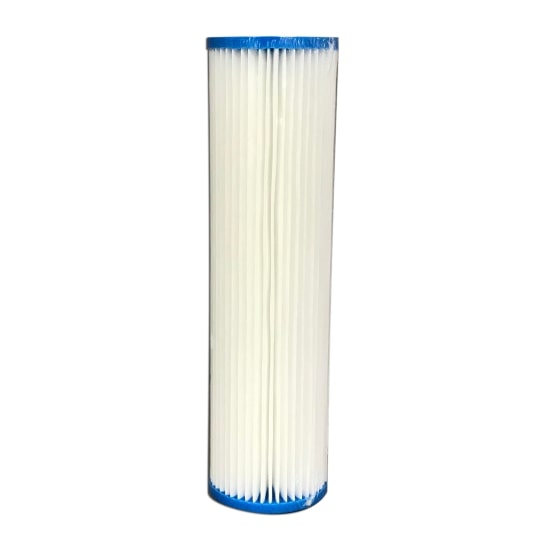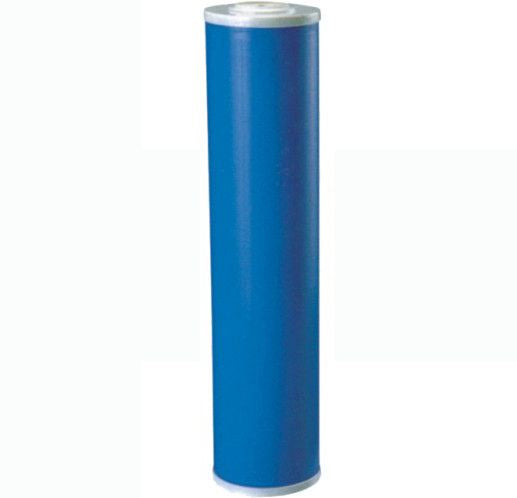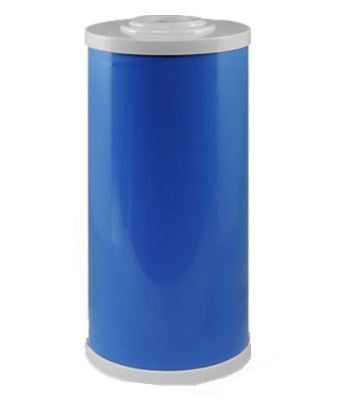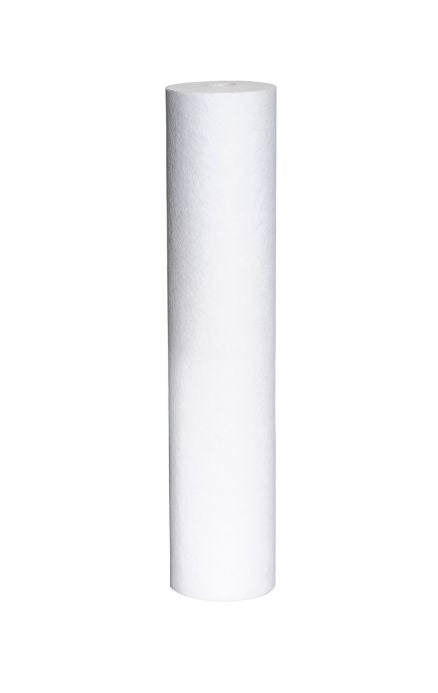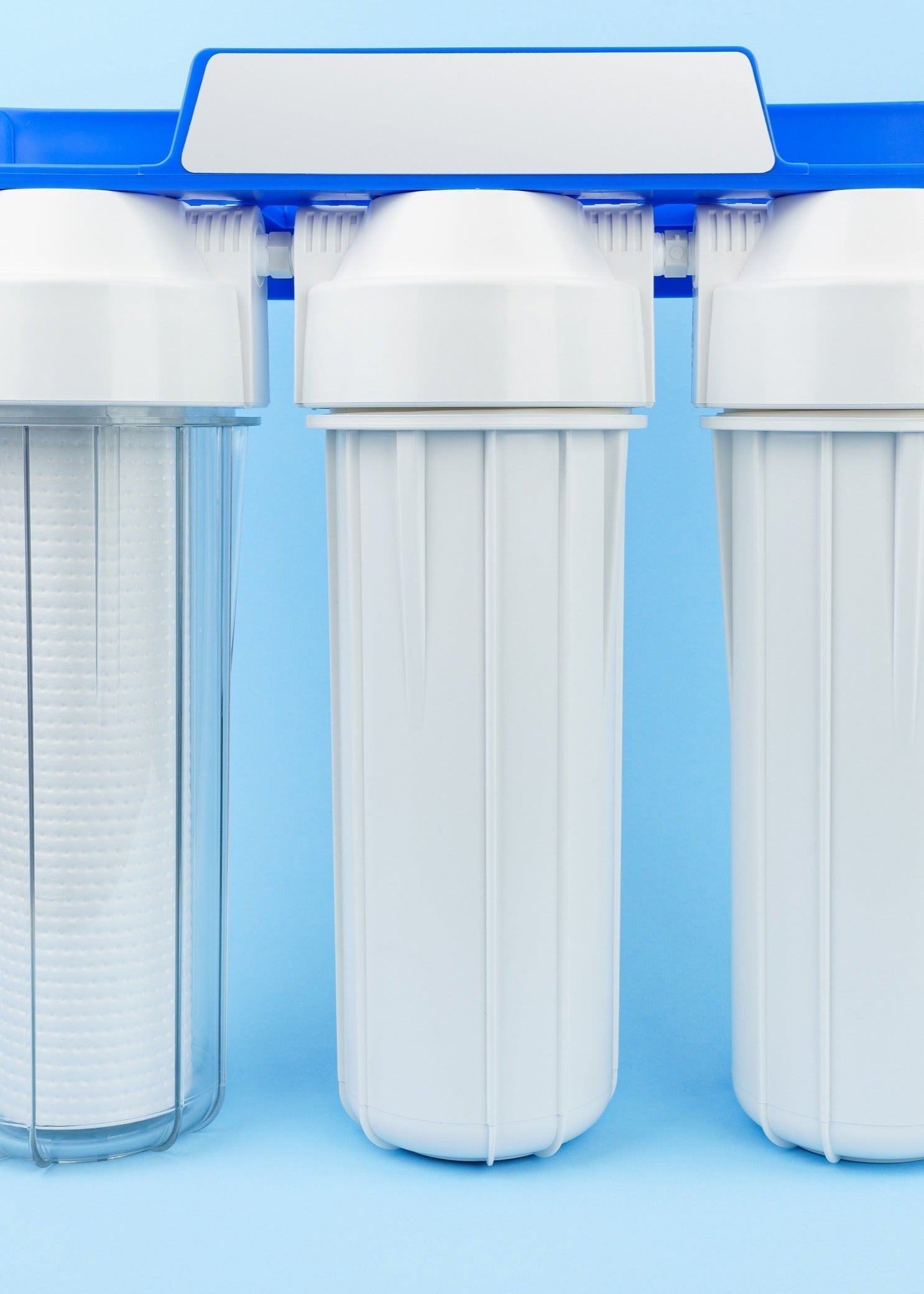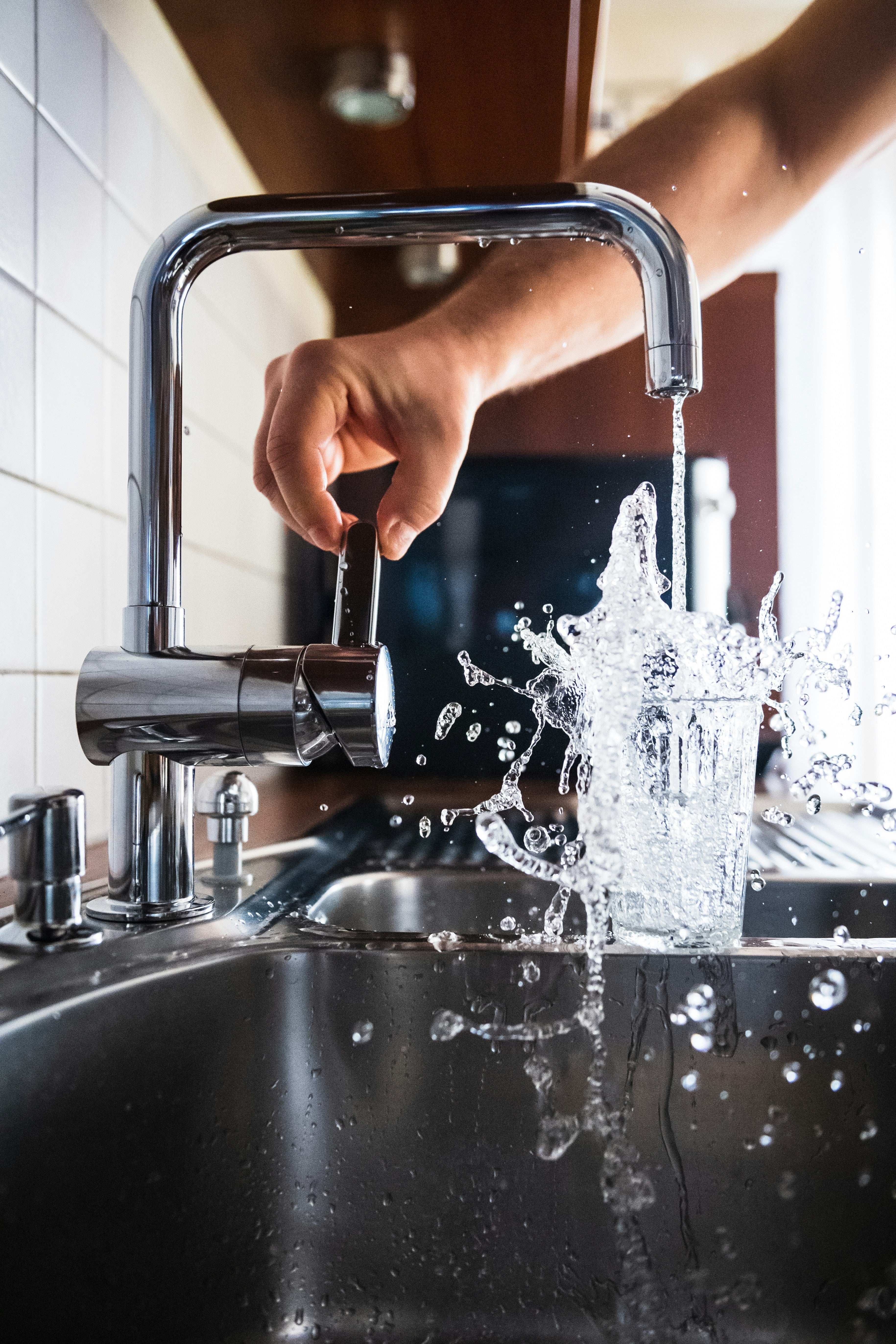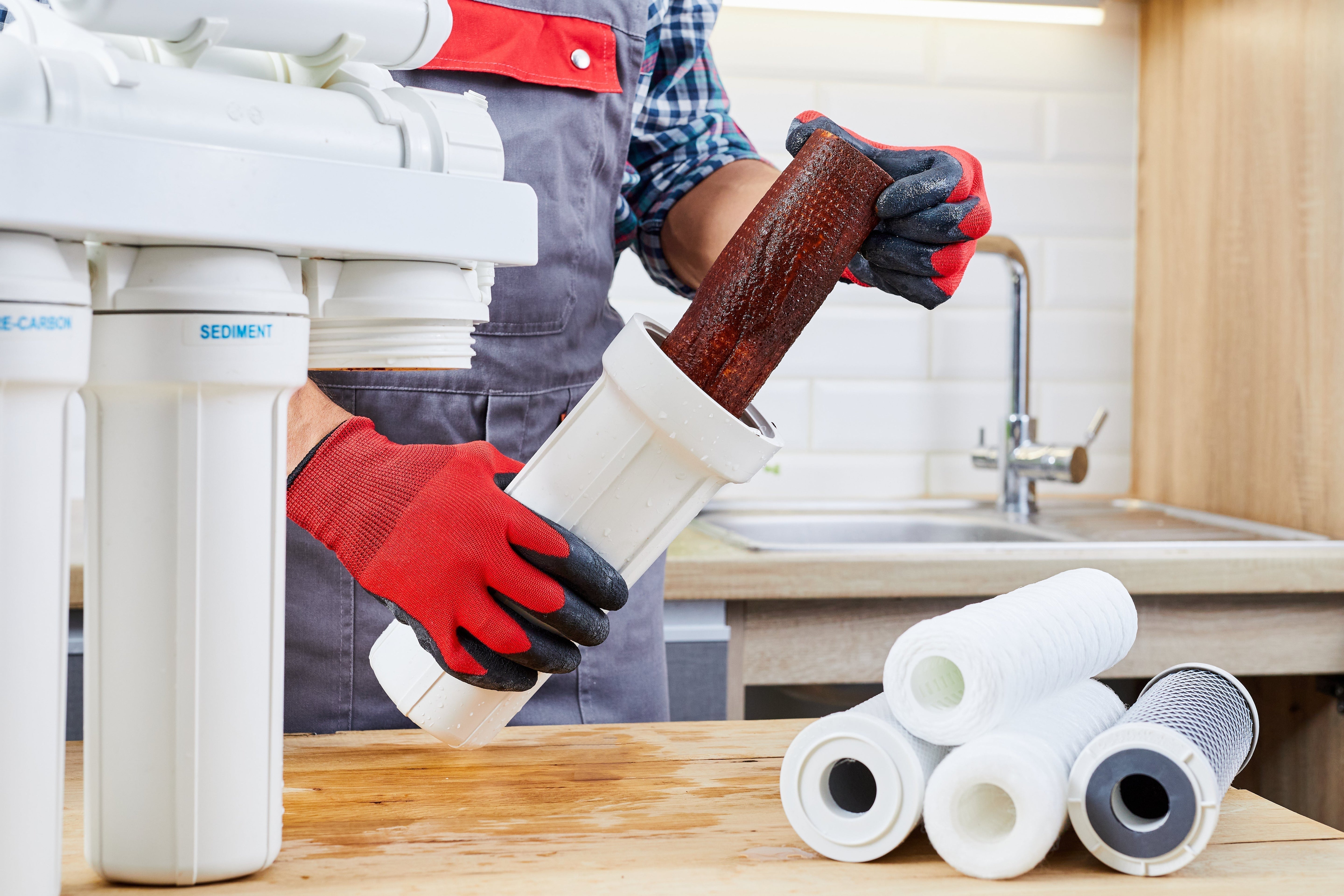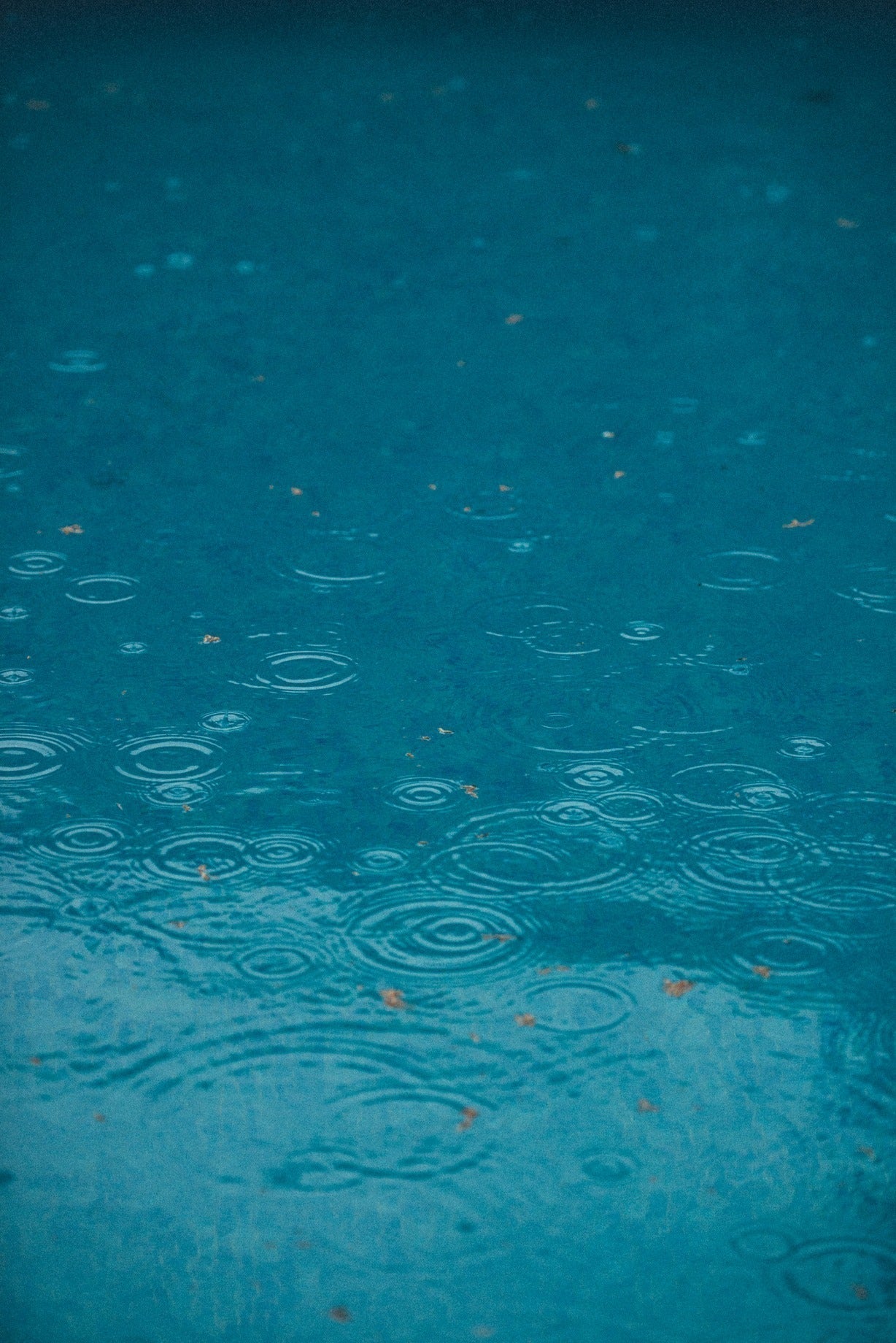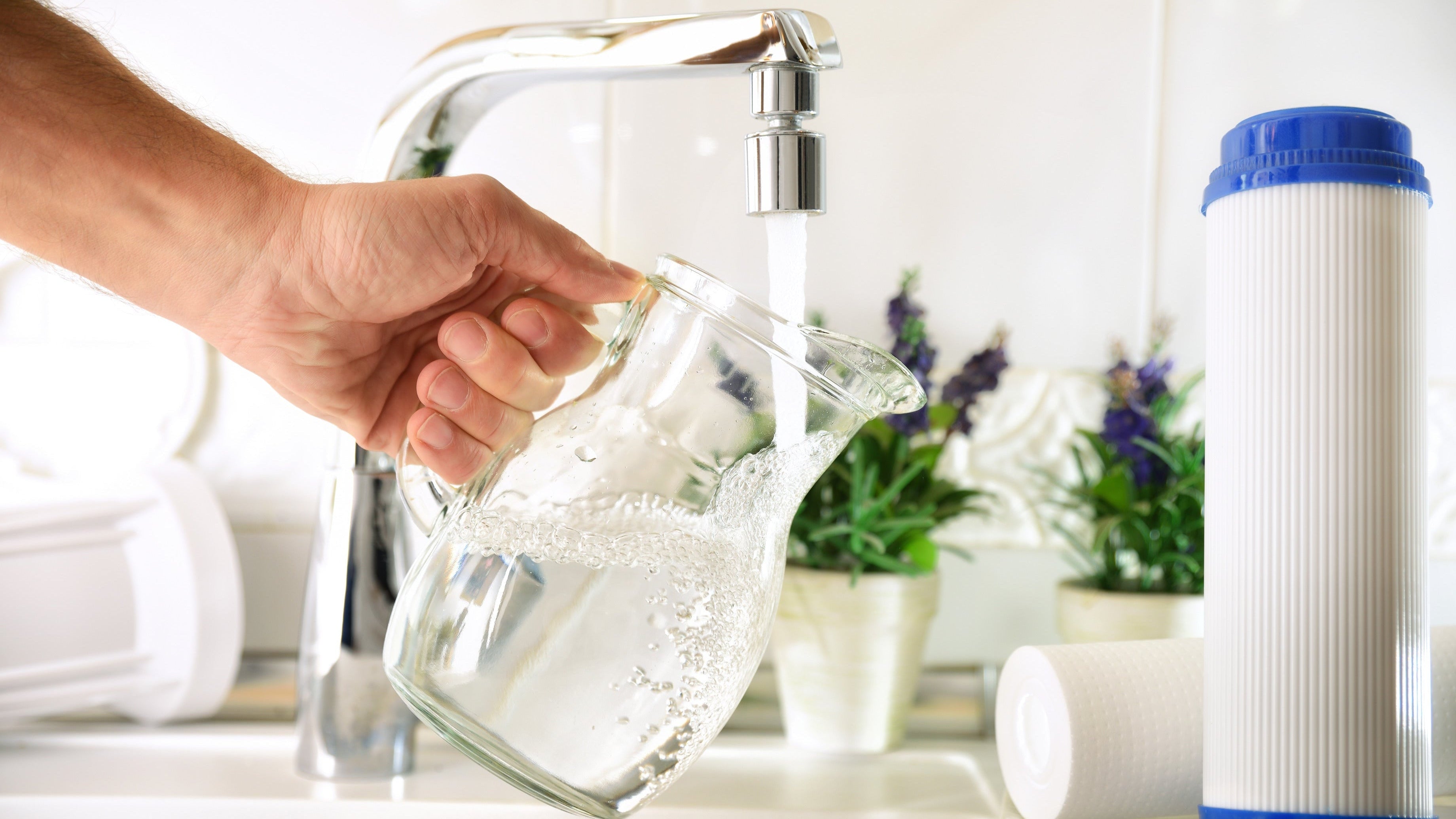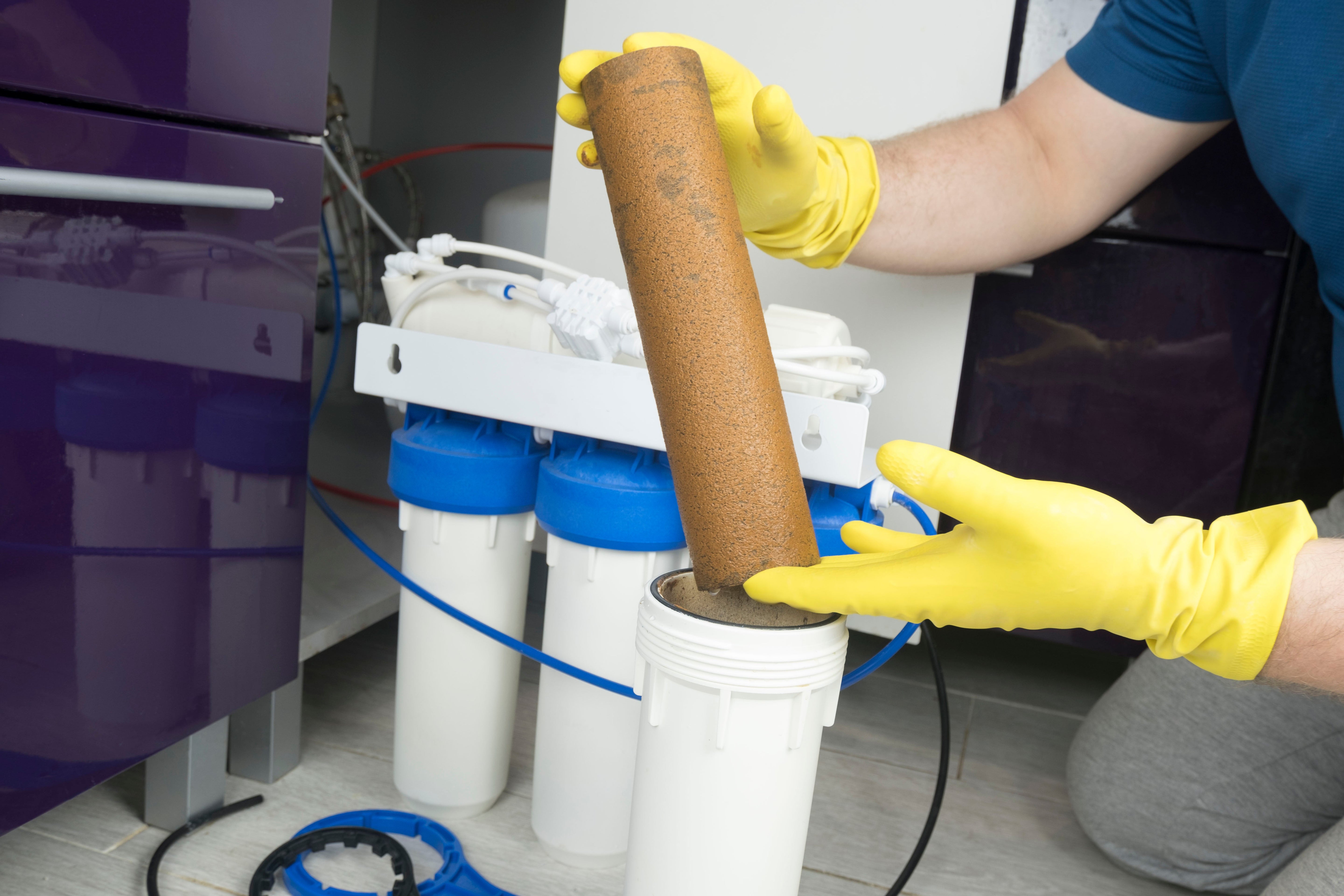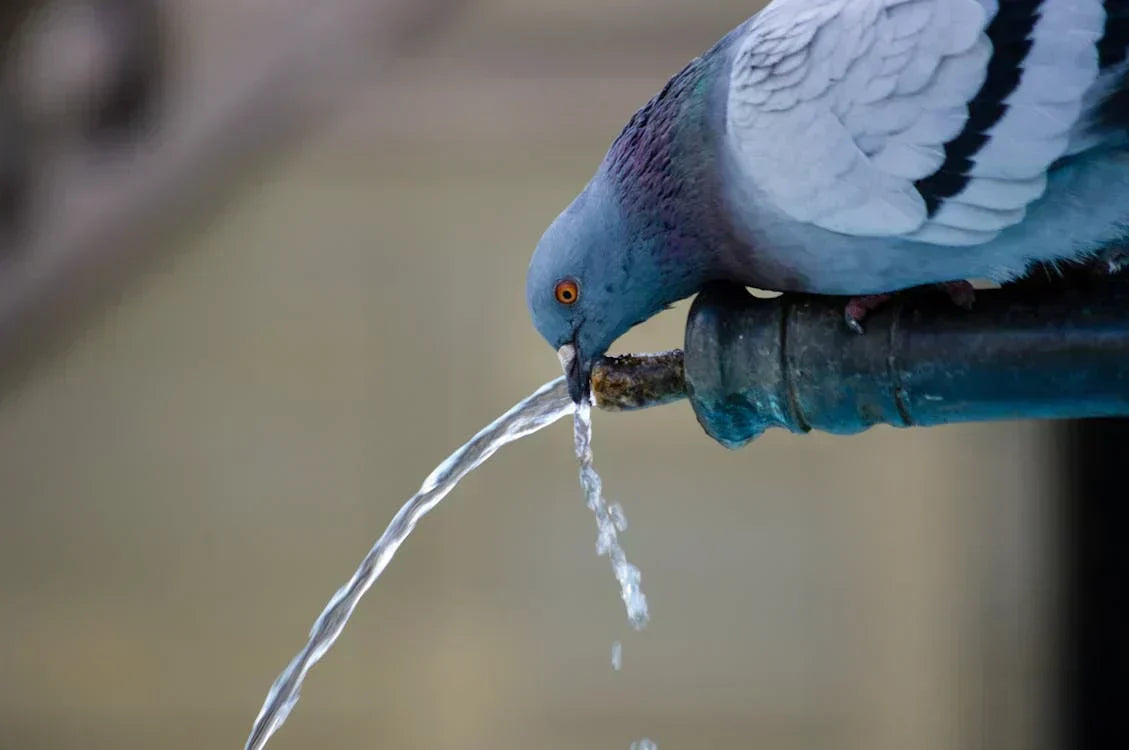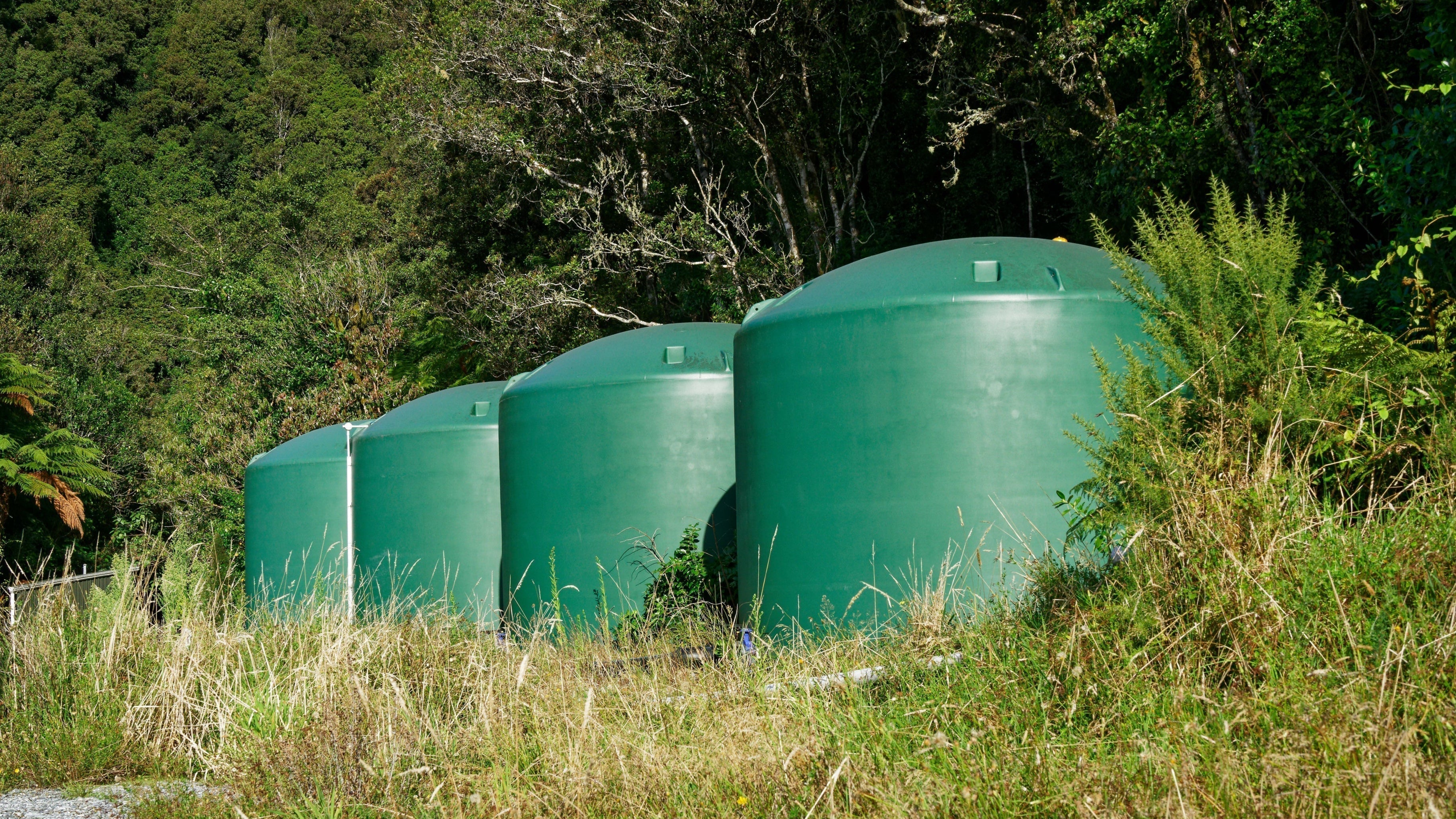
Choosing a water filtration system for your home
How many filters should I have with my water tank? I have 3 water tanks. Does that mean I need three systems?
It depends on how you're using the tanks and the water quality you're trying to maintain. Generally, if each of your water tanks is being used for different purposes (e.g., drinking, irrigation, or storage), it’s a good idea to have a separate filtration system for each one to ensure the water is clean and safe for its intended use.
Here’s a breakdown of what you might consider:
-
Drinking water tank: This should definitely have its own filtration system, like a multi-stage filtration or sediment water filters with UV, to remove impurities and ensure water quality.
-
Irrigation or non-potable (non drinking) water tank: If you’re using the water for non-drinking purposes, such as watering plants, a simpler filtration system (like a sediment filter) might be enough to remove debris and particles.
-
Storage or other use tank: This would depend on the water's intended use. If it’s just for general storage, you might not need a heavy-duty filter, but if it’s for something that requires cleaner water, a filter might be necessary.
In short, while you could use one system for all tanks, it’s usually better to have individual systems based on the purpose of each tank and the level of filtration needed.
Should I filter my entire house or just my drinking water?
It really depends on a few factors, like your water quality and health concerns. Here’s a breakdown of the pros and cons of both approaches:
Filtering Only Drinking Water:
-
Pros:
- More cost-effective: Only installing a filter on drinking water (like a faucet-mounted filter or under-sink system) saves you money compared to filtering the entire house.
- Easy maintenance: Less upkeep than a whole-house system.
- Focus on the most important water source: Since you drink the water, it’s important to ensure it's free from contaminants like chlorine, lead, or bacteria.
-
Cons:
- Doesn’t address the water used for bathing, cooking, or laundry, which could still have impurities that affect your skin, hair, or appliances.
- Limited filtration: You’ll only be filtering the water that directly reaches your drinking sources.
Filtering the Entire House:
-
Pros:
- Comprehensive filtration: You'll remove impurities from all water sources, which is great for overall health and skin, especially if you have sensitive skin or allergies.
- Protects appliances: Filtering the whole house can help extend the life of your plumbing, water heater, and other appliances by removing minerals and sediments.
- Convenient: You don’t have to worry about remembering to use a separate filter for drinking water.
-
Cons:
- Higher initial cost: Whole-house filtration systems can be more expensive to install.
- Ongoing maintenance: These systems may require more frequent maintenance and filter replacement.
What to consider:
- Water quality: If your water has high levels of chlorine, heavy metals, or other contaminants, a whole-house filter might be the better option.
- Health concerns: If you have sensitivities or skin conditions that are aggravated by certain contaminants, filtering the whole house might provide more peace of mind.
- Budget: Whole-house systems are a bigger investment upfront, but they can be a good long-term solution.
Need your filters changed? We offer filter replacement services to the Hibiscus Coast and Rodney, Auckland. Contact us today for help.
We service:
and other suburbs.

